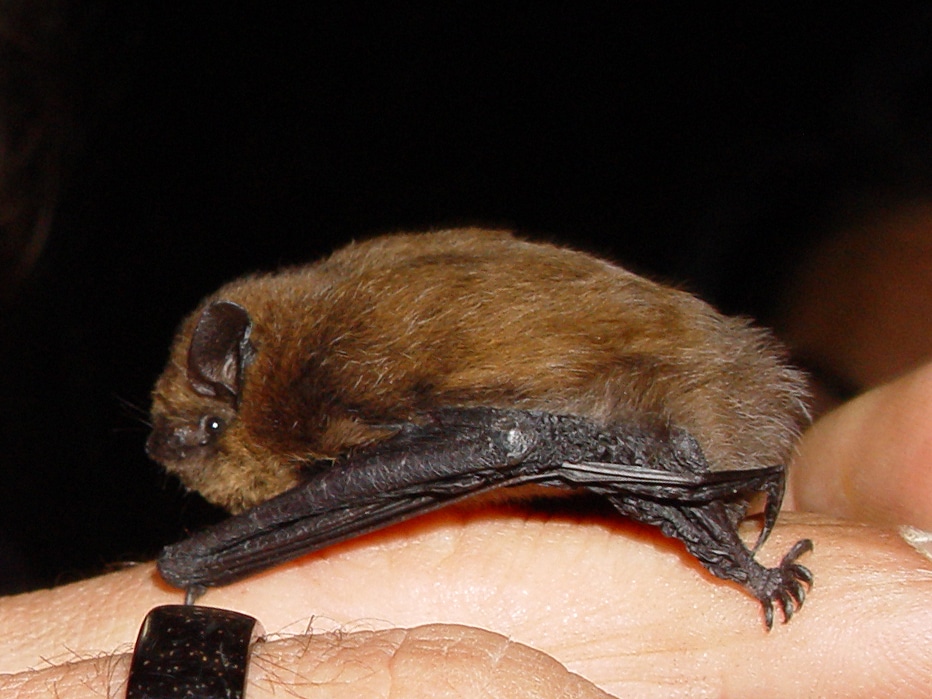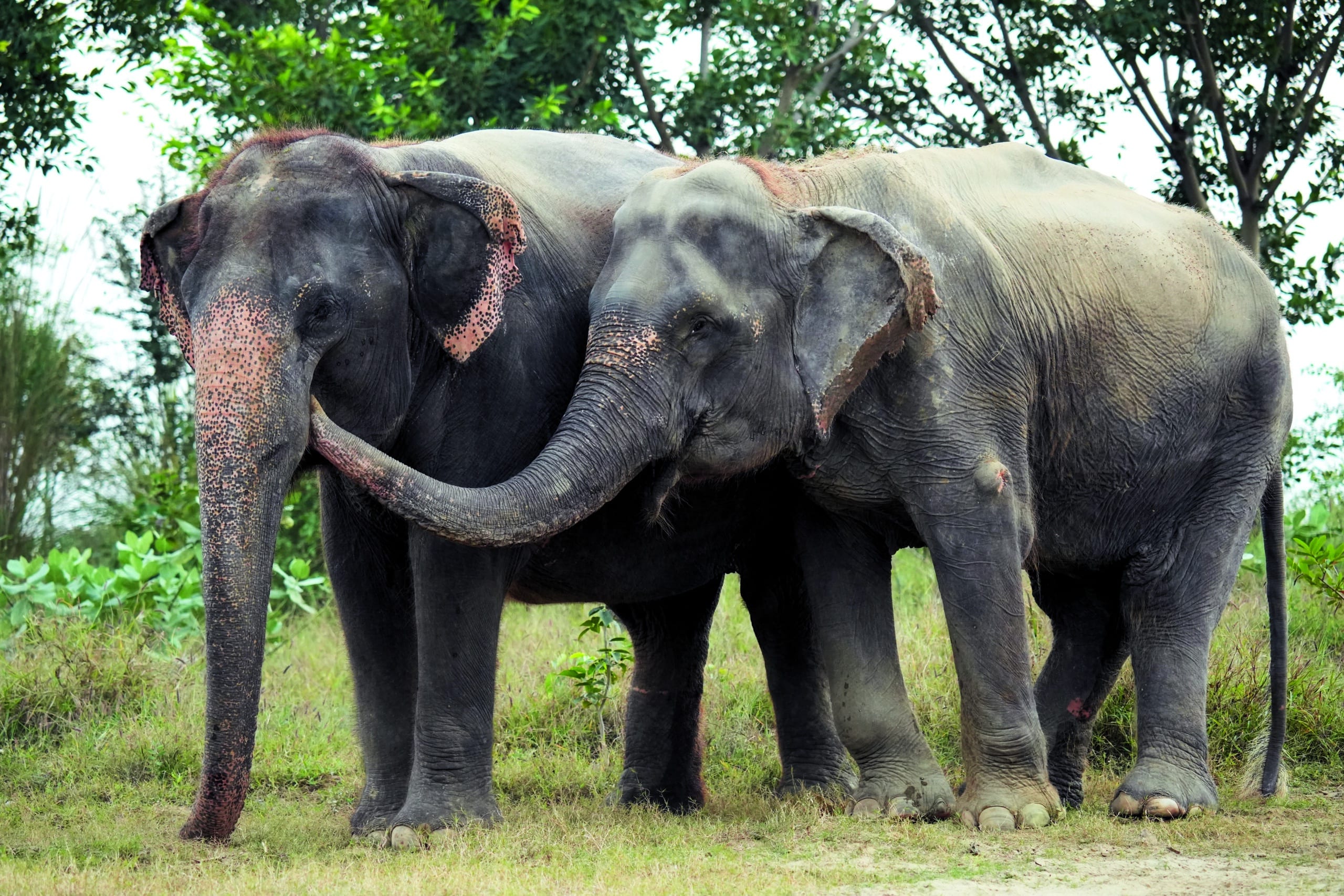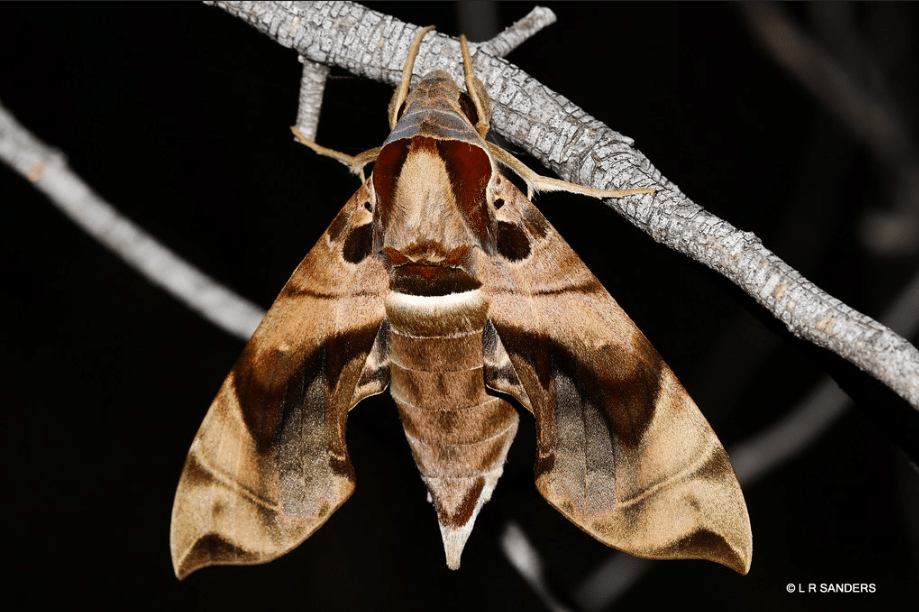You might remember Kalpana—I am happy to report that this year she celebrates her fifth rescue anniversary at Wildlife SOS. Formerly exploited and abused as a ‘begging’ elephant in Uttar Pradesh, Kalpana was rescued in 2019 and brought to the Wildlife SOS Elephant Hospital Campus (EHC) in Mathura for comprehensive...
Australia notched up the extinction of another mammal species this week, with the Bramble Cay melomys (Melomys rubicola) formally declared extinct, the second Australian mammal to be pronounced extinct in the past decade.
The Bramble Cay melomys was a small, brown rat that lived on a sandy island in the far north east of the Torres Strait. This species was also one of Humane Society International’s first nominations for protection under the Federal Environment Act as we recognised the threat back in 1996. Frustratingly however, it took until 2008 for a recovery plan to be agreed for the species, delayed action being one of the many contributing factors in its eventual loss and the sad story of too little action being taken far too late.
The Bramble Cay melomys also has the dubious pleasure of likely being the first mammal recorded to have been made extinct due to the impacts of climate change – in this case rising sea levels which destroyed the limited habitat on which the species depends, washing the animals out to sea to drown.
But this was an outcome that could have been avoided. In 1998 a survey revealed the Bramble Cay melomys population numbered 90 individuals, down from an estimated ‘several hundred’ in 1978. In 2004 a survey found only 12 individuals. By 2007 it is suspected there were none, confirmed by visits in 2011, 2012 and 2014. A last ditch rescue mission was finally undertaken in 2014 to save the species through captive breeding of the remaining individuals, returning unsuccessfully. Bureaucratic delays in making the decision to take this urgent conservation action resulted in not only a lost opportunity, but a lost species.

Sadly this is not the first example of this occurring. The Christmas Island Pipistrelle (also protected as a result of an HSI nomination in 1999) suffered a similar fate, being widespread on Christmas Island in the 1980s and uncommon by 1994. In 2009 HSI, together with others called for the then-Minister Peter Garrett to take urgent action. Once again frustrating bureaucratic stalling resulted in a much needed last ditch rescue attempt to bring the remaining individuals into captivity being delayed, finally being agreed in July 2009. The resulting four-week rescue mission by eight Australian and New Zealand bat scientists returning in September 2009 empty handed. The species is now assumed to be extinct.
We owe it to the Bramble Cay melomys to learn these lessons. We need our nature laws to ensure that threatened species are protected from all threats facing them, particularly those of climate change. We need to ensure that recovery plans are mandatory, and agreed promptly following the listing of a species under federal environment laws. We need recovery plans that are fully funded so that actions can be taken to recover species, not a plan that sits on a shelf whilst we watch yet another mammal species become extinct. And we need to be identifying where urgent action needs to be taken to save a species, and ensuring that action is taken promptly to ensure the best chances of success.
Humane Society International has been working in the lead up to the federal election and beyond to ensure all political parties commit to the development of a next generation of environment laws that take into account the significant threats facing our animals, take the politics out of the decision making process and ensure that protection means just that. We have welcomed the ALP’s commitment to strong new environment laws should they form Government and note the comments of Shadow Environment Minister Tony Burke on this very issue and welcome his recognition of the need for recovery plans to be enforced.
We all love Australia for its unique wildlife, but unless we start to look after that wildlife more effectively, the story of the Bramble Cay melomys will become a lot more common. We will continue to work hard to ensure that does not happen.
Alexia Wellbelove is a Senior Program Manager at the Humane Society International (HSI). She joined the organisation in 2009. With over two decades experience in conservation her current focus is environmental policy, marine conservation (particularly marine mammal and fisheries bycatch) and wildlife trade. She helped found the Places You Love alliance and serves on a number of state and federal government committees. She has represented Australia as a member of the delegations to both the International Whaling Commission (IWC) and the Convention on Migratory Species (CMS).
A zoologist by training, Alexia returned to Australia in late 2008 after working in the UK environmental sector. This included a spell as an environmental consultant and roles in the NGO sector with the Bat Conservation Trust, the Marine Stewardship Council and as Director of Wildlife and Countryside Link, where she served on a number of UK Government committees.
Header image: State of Queensland


